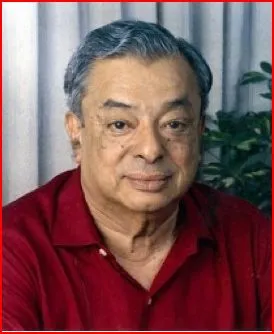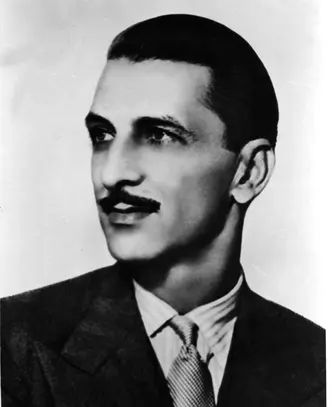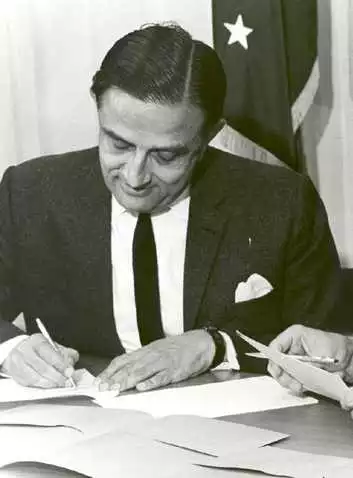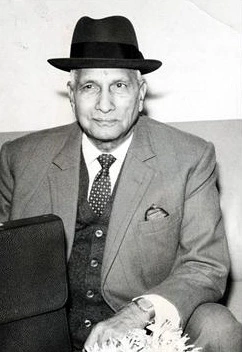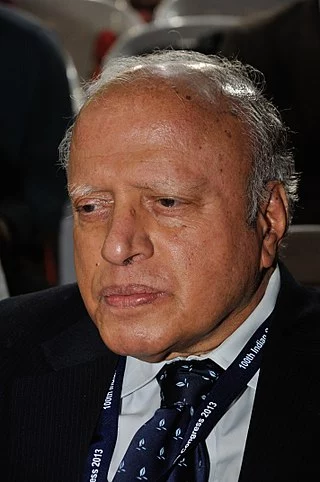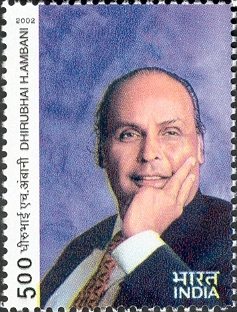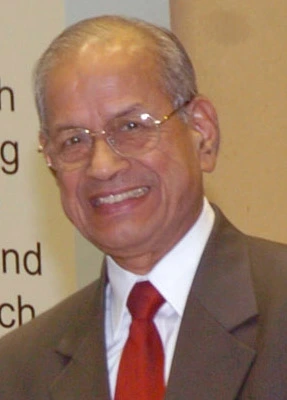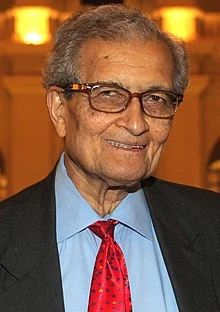About - CV Raman
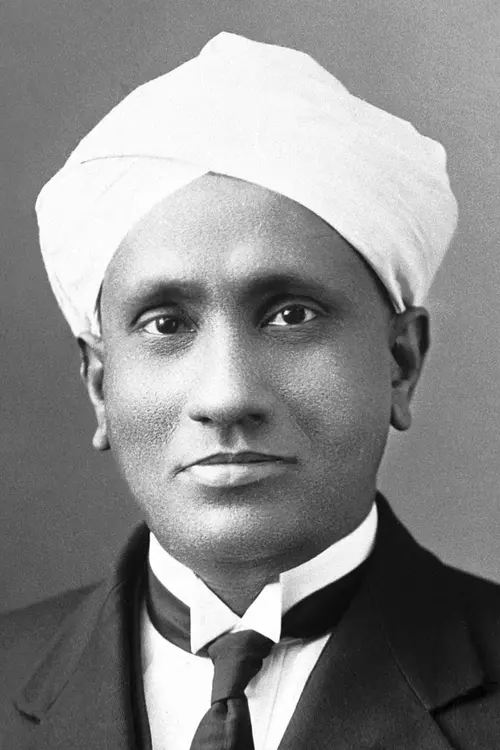
Chandrasekhara Venkata Raman, commonly known as C.V. Raman, was an Indian physicist who made groundbreaking contributions to the field of light scattering, which earned him the Nobel Prize in Physics in 1930. Here's a brief biography of C.V. Raman:
- Birth and Early Life: C.V. Raman was born on November 7, 1888, in Thiruvanaikoil, Tiruchirappalli, Madras Presidency (now Tamil Nadu, India). He came from a middle-class Brahmin family, and his father was a lecturer in mathematics and physics. From a young age, Raman showed a keen interest in science and mathematics.
- Education and Career: Raman obtained his Bachelor's degree in Physics from Presidency College, Chennai, and went on to pursue a Master's degree in Physics from the University of Madras. He later joined the Indian Finance Department as an Assistant Accountant General but soon realized his true passion lay in scientific research.
- Research and Discoveries: Raman's most significant contribution to science came in 1928 when he discovered the phenomenon of light scattering, which is now known as the "Raman effect." This discovery demonstrated that when light passes through a transparent substance, a small fraction of the light undergoes a change in wavelength and scatters in various directions. This discovery provided insights into the behavior of light and the molecular structure of matter.
- Nobel Prize and Recognition: In 1930, C.V. Raman was awarded the Nobel Prize in Physics for his work on the scattering of light and the discovery of the Raman effect. He became the first Asian and first non-white to receive a Nobel Prize in the sciences. Raman's work had a profound impact on various fields of science, including physics, chemistry, and biology.
- Scientific Institutions and Legacy: After receiving the Nobel Prize, Raman continued his scientific research and made significant contributions to various areas of physics. He established the Raman Research Institute in Bangalore, India, in 1948, which has since become a prominent center for scientific research. Raman also served as the Director of the Indian Institute of Science in Bangalore.
- Personal Life and Later Years: C.V. Raman married Lokasundari Ammal in 1907, and they had two children together. Raman continued to be actively involved in scientific research and education until his death on November 21, 1970, in Bangalore, India, at the age of 82.
C.V. Raman's contributions to the field of physics and his pioneering work on light scattering continue to inspire scientists and researchers worldwide. His legacy as a visionary scientist and his significant impact on the scientific community in India and beyond make him a revered figure in the history of science.
CV Raman Social profile links
| Date Of Birth | 07-11-1888 |
| Birth Place | Tiruchirapalli, Madras |
| Wikipedia Page | Click here to visit CV Raman Wikipedia page |
“Famous Quotes
Here are some famous quotes by C.V. Raman:
1. "Science is a search for truth, but it is also a means of achieving truth."
2. "The true wealth of a nation lies not in its gold or silver but in its learning, wisdom, and in the uprightness of its sons."
3. "The essence of science is independent thinking, hard work, and not equipment."
4. "It is the artist who realizes that there is a supreme force above him and works gladly away as a small apprentice under God's heaven."
5. "The spirit of science is not to compromise, nor to take the middle path, but to tackle problems with utmost seriousness and sincerity."
6. "In science, we seek simplicity and elegance, not complexity and confusion."
7. "Science is the search for truth, the effort to understand the world around us, the drive to find a better way."
8. "The pursuit of truth and beauty is a sphere of activity in which we are permitted to remain children all our lives."
9. "The essence of scientific research lies in the urge of the investigator to understand the natural world."
10. "Science and art belong to the whole world, and before them, vanish the barriers of nationality."
These quotes reflect C.V. Raman's passion for science, his belief in the pursuit of truth, and his dedication to understanding the natural world.


